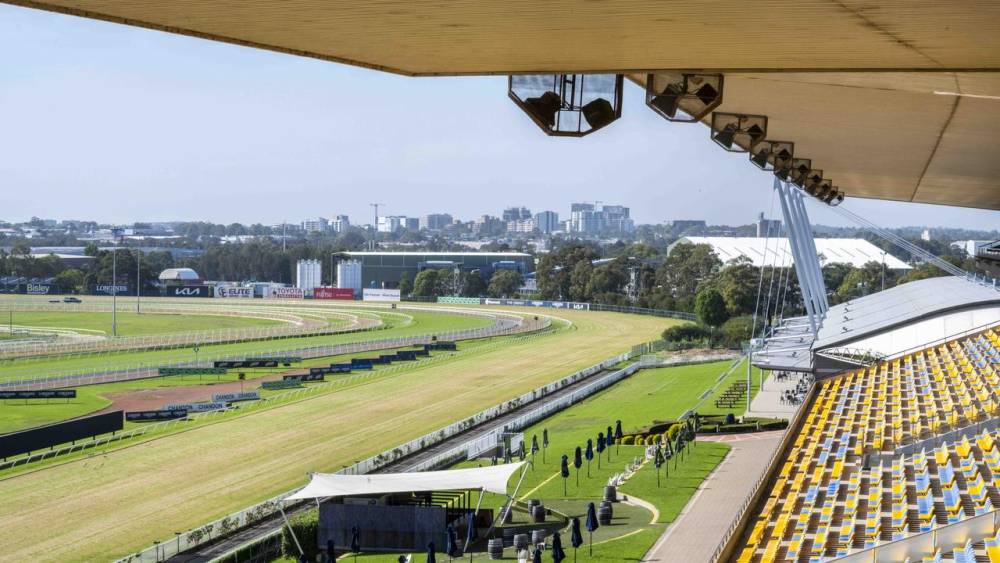
Sydney, 27 May 2025 — A year ago, Premier Chris Minns and Transport Minister Jo Haylen stood confidently at Rosehill Racecourse, unveiling a bold housing development plan set to transform the site into a mini-city of 25,000 homes. But the plan to sell Rosehill for a historic $5 billion redevelopment has now crumbled—rejected by Australian Turf Club (ATC) members in a significant blow to the government’s housing agenda.
With 56 per cent of members voting against the sale, the Premier is now scrambling to revive faith in his leadership, promising that "Plan B" is already in the works. But critics argue the fallout raises serious questions about transparency, community consultation, and the government’s readiness to tackle Sydney’s housing crunch.
The Rosehill redevelopment was touted as a once-in-a-generation opportunity to address Sydney’s housing shortfall, especially in high-demand areas with good transport links. The ambitious plan included high-density housing, green spaces, and essential infrastructure.
Instead, what unfolded was a campaign marred by discontent from racing fans, planning experts, and even local residents—many of whom felt blindsided by the speed and secrecy of the proposal.
The ATC vote not only derails one of the government’s marquee urban development projects but also exposes the limits of executive influence over community institutions.
Premier Minns now faces political embarrassment, having publicly endorsed the plan only to see it publicly rejected. While he expressed disappointment, Minns attempted to regain momentum, stating that alternative sites and strategies are being assessed urgently.
“Rosehill would have been a great location,” Minns said. “But our responsibility remains the same: we need to build more homes. We will deliver.”
Transport Minister Jo Haylen also reaffirmed the government's commitment to easing housing pressure but did not provide specifics on the alternative plan.
Little is currently known about the so-called “Plan B,” which the Premier has hinted could include other under-utilised land across western Sydney. But housing advocates and opposition leaders warn that time is running out and action must follow rhetoric.
Opposition planning spokesperson said: “What we’ve seen is a high-profile failure. The people of Sydney need more than vague reassurances.”
Sydney’s housing crisis continues to intensify, with skyrocketing rents, shrinking availability, and growing inequality. The collapse of the Rosehill plan underscores the challenges of balancing community interests, commercial partnerships, and long-term urban planning.
Whether “Plan B” can rise from the ashes of this political misfire remains to be seen—but the Premier now has more at stake than just a development deal. His credibility, and the confidence of many Sydneysiders hoping for housing relief, hangs in the balance.